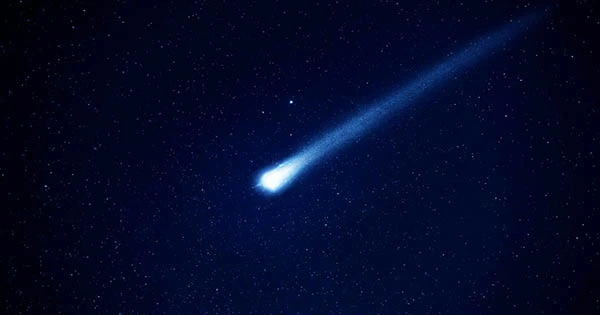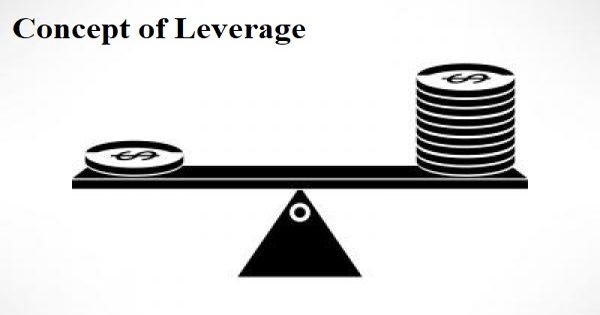On Wednesday night, a dazzling fireball streaked across the night sky over the UK and Ireland, prompting around 800 reports of probable meteor sightings to the UK Meteor Network. Scientists are currently looking into the sight, which was recorded in numerous films and posted online. It is still unclear whether it was space debris or a space rock in transit.
Whether the fireball over Scotland is a meteorite or a piece of space debris is currently up for debate. Dr. Luke Daly, Lecturer in Planetary Geoscience at the University of Glasgow, told IFLScience that the object had a really shallow entry angle, was visible for a long time (20 seconds), and fragmented a lot.
“At this time, we’re leaning toward a meteorite because, despite its sluggish speed, it’s still traveling fairly quickly: a normal large piece of space debris would take two minutes to span the sky, not 20 seconds, and we would also anticipate that it would shatter considerably more than it did. We’re hoping to shortly receive a velocity and orbit calculation that will more clearly identify this object as a space rock or not.
The UK Meteor Network, however, tends to overestimate space debris.
If it is a meteor, it may have dropped some meteorites like the well-known Winchcombe meteorite, which was discovered with the help of the UK Fireball Alliance’s rapid work. It would be the first meteorite discovered in Scotland in a century if a fragment of the fireball has touched down there. However, scientists aren’t getting too excited just yet.
Unfortunately, whatever it is that happens, the shallow entry angle implies that it probably all burned up, and even if anything survived, it’s probably making its way to the bottom of the Atlantic Ocean “IFLScience was told by Dr. Daly. “Sadly, there are currently no plans in place for a search. I’m currently rewatching all of the great video of this fireball, but once more information is in and we have a clear understanding of what it is, whether anything survived, and if it landed on land, we will undoubtedly head out to check.
Given the sheer quantity of things being sent into space, including the numerous satellites being launched by Elon Musk and others, it is expected that the number of fireballs visible in the night sky will increase. What goes up must eventually fall down.
















